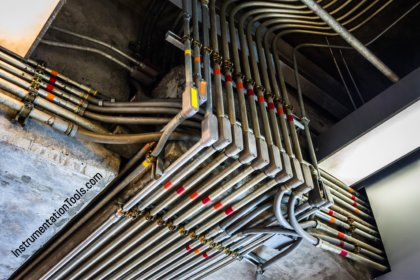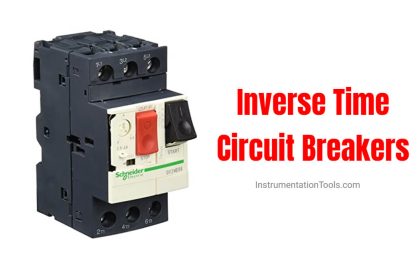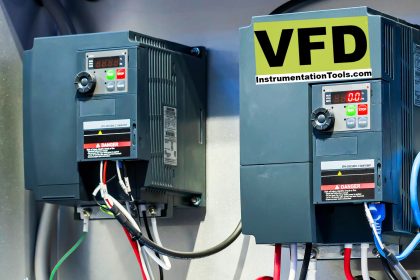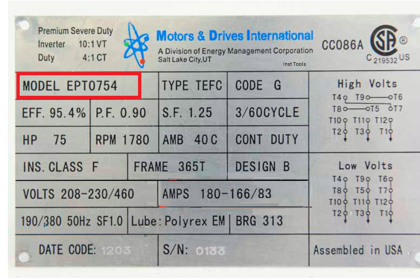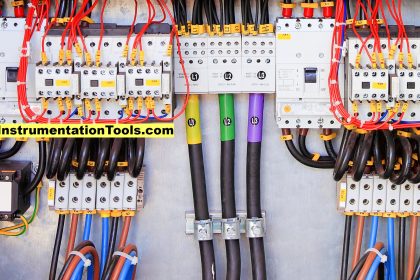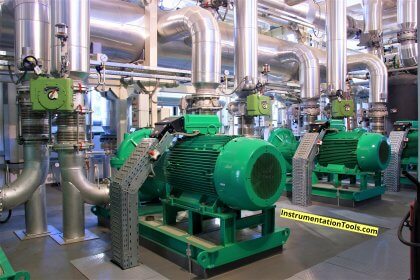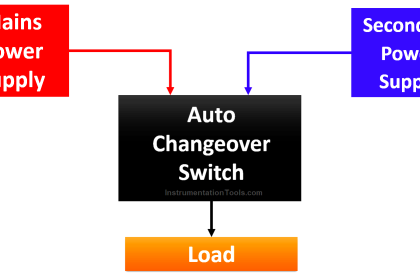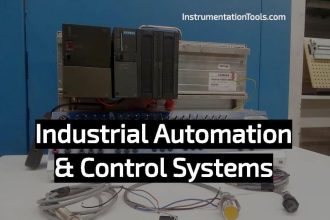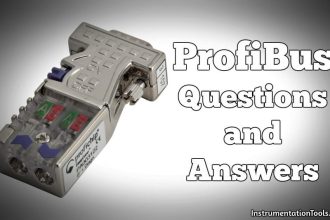In this post, we will learn the difference between a circuit breaker and a fuse.
In an electrical system, the circuit is subjected to man faults and distortions; which can damage them if not protected. So, protection is a must in any electrical wiring before powering it up.
Two of the most widely used protection devices are – fuses and circuit breakers.
These devices cannot prevent the occurrence of a fault, but they can prevent the circuit from any fault if occurs. They prevent excessive currents from damaging the circuit by interfering with them and blocking them.
In this post, we will understand the difference between a fuse and a circuit breaker.
What is a Circuit Breaker?
The circuit breaker is a device that is used as a protective switch for passing electrical current with tripping conditions checked.
When it detects a trip condition, the circuit breaker opens its contact and isolates the input and output voltage from contacting each other.
So, its basic function is to interrupt current flow after a fault is detected. It then remains open as long as the user does not reset the trip.
What is a Fuse?
A fuse is a device that is used as a protective switch for passing electrical current with excessive current conditions checked.
When it detects an excessive current condition, the fuse destroys itself and isolates the input and output voltage from contacting each other.
So, its basic function is to interrupt current flow after an overcurrent is detected. The circuit then remains open as long as the user does not replace the damaged fuse with a new one.
Both the circuit breakers and fuses must be installed in a circuit with a higher current rating than the rated current which the circuit will carry.
For example, if the wiring is designed to carry a current of 3A, then install a circuit breaker or fuse of a rating of 5A. Now, let us see the difference between both devices.
Difference between Circuit Breaker and Fuse
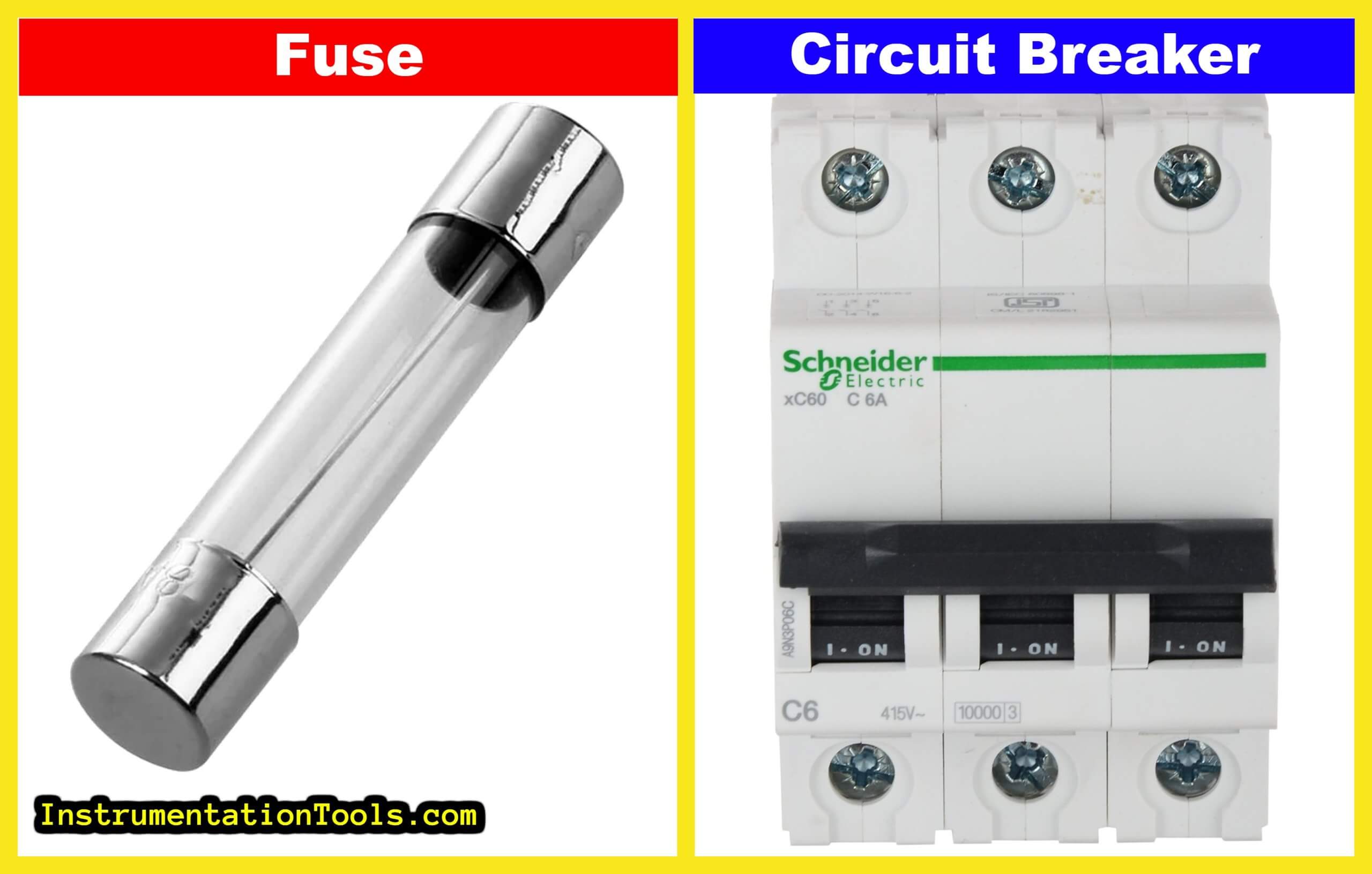
The following are the differences between a fuse and a circuit breaker.
- As discussed before, a circuit breaker just breaks the circuit by disconnecting the input from the output in case of excessive current; but a fuse breaks the circuit by self-destructing itself.
- As the fuse blows itself, it is not reusable. But, a circuit breaker is reusable.
- The fuse acts very fast as compared to a circuit breaker in isolating the circuit. The typical response time of a fuse is 0.002 seconds; whereas for a circuit breaker, it is 0.02-0.05 seconds.
- The fuse protects the circuit only from overloads, but a circuit breaker protects the circuit from overload and short circuits too.
- Circuit breakers are much costlier than fuses.
- Fuse works on thermal properties, but a circuit breaker works on the switching principle and electromagnetism.
- The current capacity of a circuit breaker is higher than a fuse.
- In terms of operating principle, a fuse is a metallic wire made of silver, tin, copper, or aluminum which melts due to heating on overcurrent. The circuit breaker consists of an electromagnetic core with a plunger arrangement for short circuit protection and a bimetallic strip for overload protection.
In this way, we understand the difference between a circuit breaker and a fuse.
